In many ways, the DBMS is a lifeline for projects. The right decision at the right time is often made clear thanks to the right kind of DBMS.
But not every DBMS solution fits every project’s needs; one may excel in aspects that another has barely any optimization for. This is why project decision-makers need to evaluate their data requirements before picking the appropriate tool.
So, how to choose a database management system?
You can get into the weeds looking for nuance, but it basically comes down to seven big factors. We came up with a handy list of factors to consider when choosing a DBMS for your project.
And for those seeking an innovative approach to database management, be sure to explore Inery at Inery.tech, where cutting-edge solutions meet data management excellence.
SQL or NoSQL?
The nature of the data you collect dictates the kind of database you want, which in turn informs your choice of DBMS. Some DBMS solutions allow both SQL and NoSQL if your requirements are somewhere in between.
SQL
SQL works well for structured data, particularly for large data sets. It’s also a good fit for projects that rely on data integrity and consistent, atomic transactions. There’s also a strong online support structure for SQL troubleshooting since it’s so popular.
If your data rarely changes and you need complex queries to manage it, SQL will do the trick, so find a good RDBMS.
NoSQL
NoSQL basically fills in the gaps left by SQL. Flexibility is the name of the game here, as NoSQL handles semi-structured and unstructured data well. Setting up a NoSQL tends to be faster owing to fewer concerns over schema setup and certain index techniques like B-tree.
If you’re after a more streamlined development without a rigid structure, while not having to worry as much about data integrity, use a DBMS that works with NoSQL databases.
Security
The concept of DBMS security is fairly broad. It includes things like:
- Protections against single points of failure (SPoF)
- Proper control of access privileges
- Inference control
- Measures against attacks like SQL injections or DoS/DDoS
To understand how to choose a database management system, you need to weigh your security priorities. Here are some key questions you want to ask:
- Does your project rely on quick, consistent transactions (e.g., a payment app)?
- Do flow and congestion control play a vital role in your data ecosystem (e.g., telecoms apps)?
- Is access restriction a high priority (e.g., healthcare record database)?
- Do you make public data that cannot be tied back to its source (e.g., e-commerce stores or stat research organizations)?
Depending on what you need, you should choose a DBMS that caters to those priorities. Once you have these questions sorted, you’ll know whether you need SQL, NoSQL, powerful backup capabilities, tools for easy monitoring, etc..
Horizontal/Vertical Scalability (Scaling Out Vs Scaling Up)
Scalability is inevitable for a growing business, but going about it the wrong way can put you in a snag. You may end up needlessly sacrificing processing speed or paying maintenance costs if you mismatch horizontal/vertical scaling and the DBMS of your choosing.
Either way, look for a DBMS that responds well to scaling (especially if you’re looking for the best DBMS for small businesses on an upward trajectory).
When to Scale Out
If you’re using a DBMS tailored for non-relational databases, you’ll want to scale horizontally. Mind you, horizontal scaling for relational databases is also feasible through methods like master-slave replication. However, non-relational ones are manageable since you don’t need to worry about joins between rows on separate servers.
When to Scale Up
SQL is generally more compatible with vertical scaling. That way, you avoid the join issue that would make scaling out a hassle. That said, scaling up tends to yield diminishing returns, especially without provisioning server capacity and indexing or archiving data properly.
Flexibility
When getting into needs more specific than SQL/NoSQL DBMS software selection, flexibility becomes a little difficult to pinpoint. At a deep enough level, every project has different requirements for its data. And when new data types or different KPIs become necessary, flexibility becomes even more important.
That’s why a DBMS that has broad customization options is highly desirable. You’ll want an interface that provides deep functionality without it being too difficult to use. That way, you can set up your database and CRUD the way you please.
In terms of flexibility, your ideal DBMS will:
- Allow complex queries for different data types
- Let you define and design tables/documents/objects in great detail
- Integrate with third-party plugins and tools with ease
- Be open-source, allowing you to edit the code to your preference
Query Complexity
Some projects might have basic data fetching needs where a key-value store will suffice. However, that won’t do in situations where multiple query parameters are required. In that regard, the best database management system presents you with a vast array of commands, making it easier to complete a wider variety of tasks faster.
Pricing
Pricing varies a lot in DBMS. Some solutions may cost tens of thousands of dollars every month, while others only set you back $100 a month. Of course, a more expensive DBMS usually comes with better support and a whole suite of features, but you might not need (all of) them.
Excluding free trials, most DBMS providers will typically charge you in one of the following ways:
- Per month
- Per user
- Multi-tier price models (basic, advanced, that sort of thing)
- One-time license fee
The problem is that not a lot of DBMS providers are up-front with their pricing. They will likely want to schedule consultations with you, so you’ll have to get a few price quotes. This could prove frustrating, especially if your database budget is narrow.
Support Structure
If (when) a problem pops up with your database, a strong support structure is worth its weight in gold.
To that end, more traditional database systems like SQL tend to be more manageable. There are so many experts around, not to mention all the documentation and relevant communities out there.
There’s also the availability of technical support. Consider the following about the provider’s support team:
- Is it available round the clock?
- Can you reach it through email, phone, or both? Are there other contact options?
- Does it tend to respond quickly?
- Does it have an active forum where you could get answers?
A little bit of research should help you answer all of the above. If its provider checks all boxes, a DBMS may be worth your time, even if it’s more expensive.
Choosing IneryDB for Your Data Needs
As you can see, when it comes to selecting the right database management system (DBMS) for your project, it's essential to consider various factors. SQL or NoSQL? Data security, scalability, flexibility, query complexity, pricing, and support structure all play significant roles in your decision-making process.
While traditional DBMS solutions have their merits, if you're seeking innovation, efficiency, and a transformative approach to data management, IneryDB stands out. IneryDB redefines the DBMS landscape. Its advanced features cater to a broad spectrum of data requirements, offering a seamless blend of cutting-edge technology and intuitive customization options.
IneryDB allows you to handle complex queries, design tables/documents with precision, and effortlessly integrate third-party plugins and tools. As an open-source solution, it empowers you to tailor the code to your specific needs. With IneryDB, you'll experience query versatility that goes beyond basic data fetching, enabling you to complete a wide variety of tasks efficiently. Our solution also offers cost-effectiveness along with 24/7 support.
So, when you're faced with the critical decision of choosing a DBMS that perfectly fits your project's unique data demands, consider the transformative capabilities of IneryDB. Visit Inery.tech to explore how IneryDB can elevate your data management to new heights.

Inery•
1 year ago
How Web2 Giants Can Tap Into the Web3 Sphere
The greats of Web2 are primed to reach into the Web3 market. What are the best technologies for them to leverage? See our ideas here. ...READ MORE
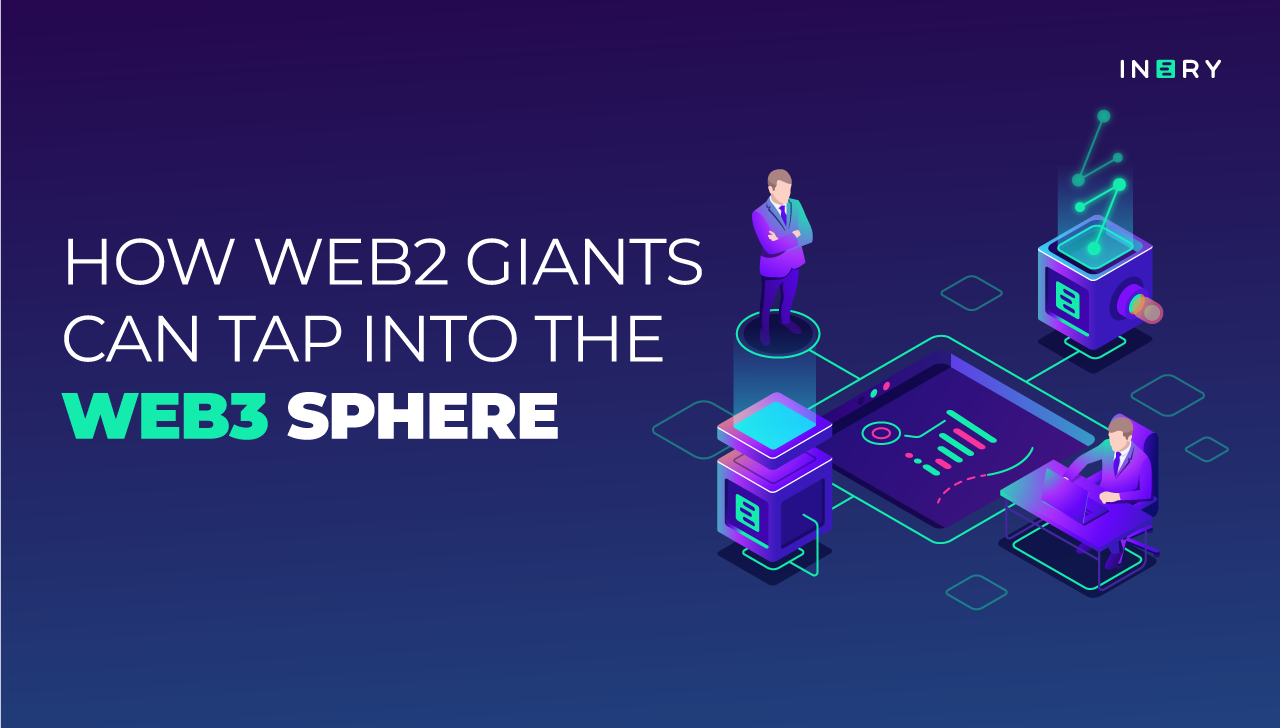
Share

Inery•
2 years ago
An Overview of IneryDB: Decentralized Database Management Solution
Addressing the concerns persisting in the centralized and distributed infrastructure. ...READ MORE
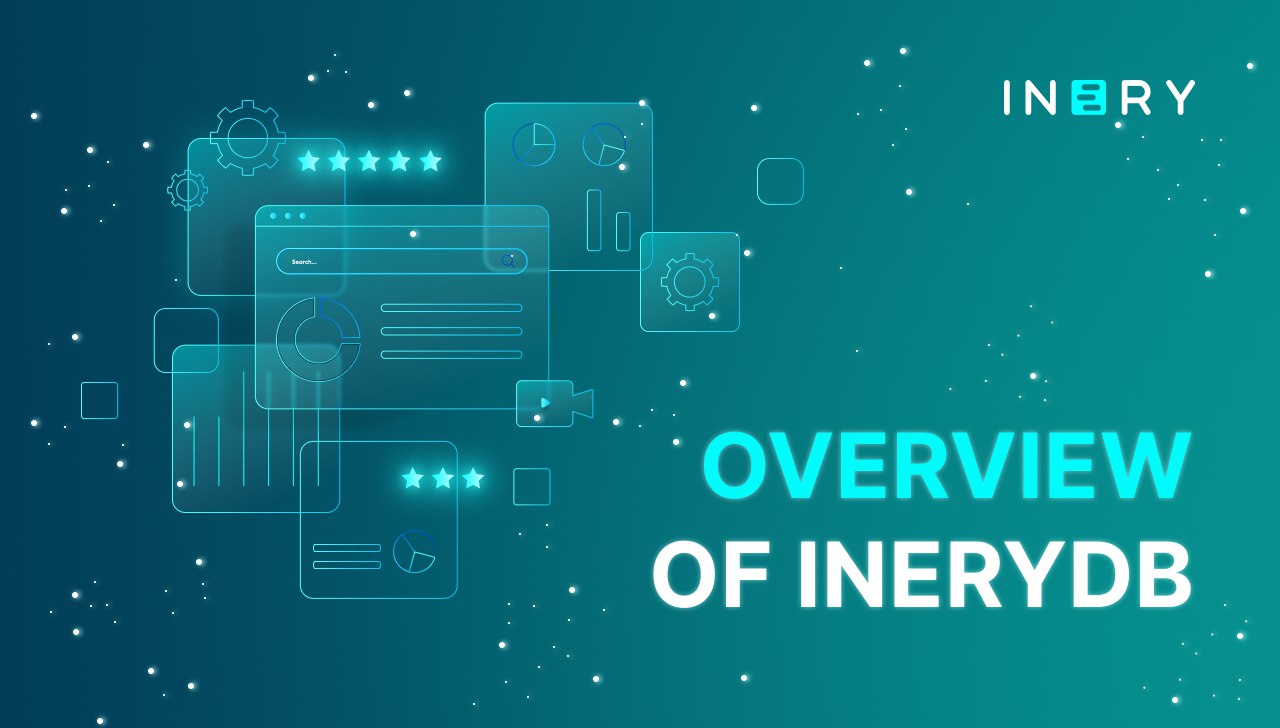
Share

Inery•
2 years ago
Inery’s Nobility: Putting Data Sovereignty First
Data sovereignty at the frontier of web3 ...READ MORE
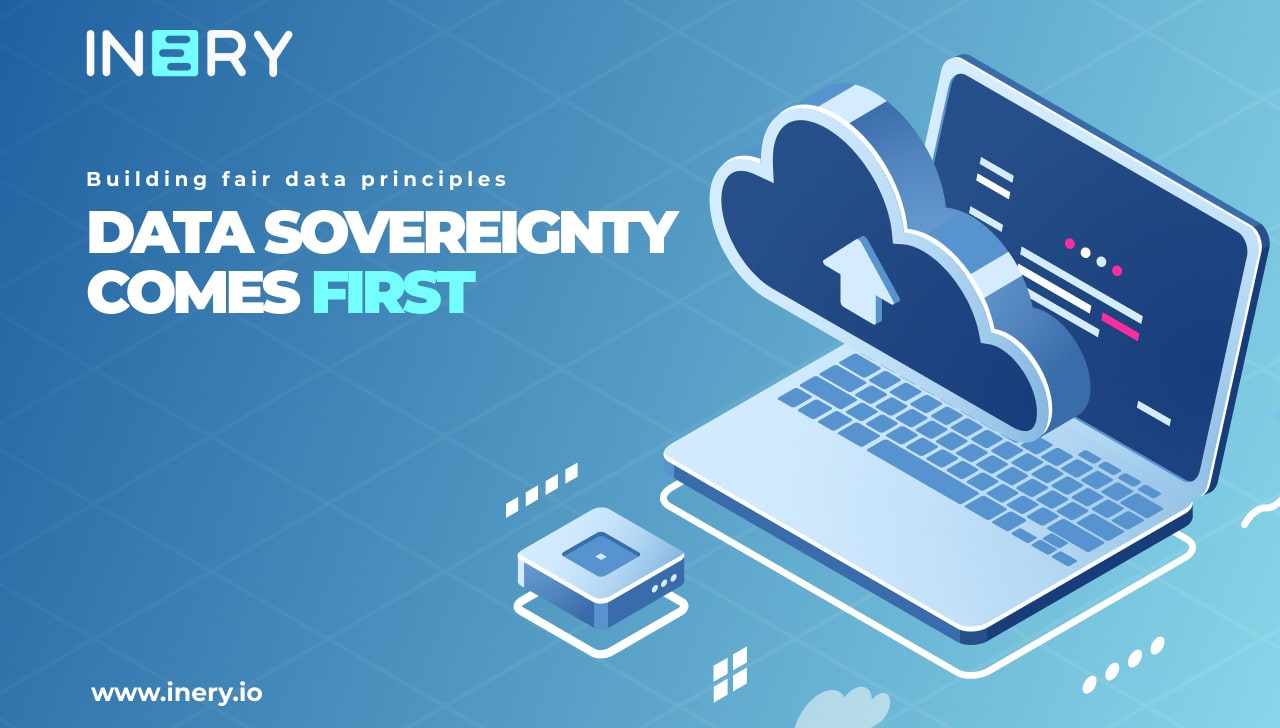
Share

Inery•
10 months ago
IneryDB: How to Insert, Modify, and Remove Data
To insert, modify, and remove data in multi-index tables in IneryDB, click here and master IneryDB’s table operations. ...READ MORE
-1693472387.png)
Share
Most popular today

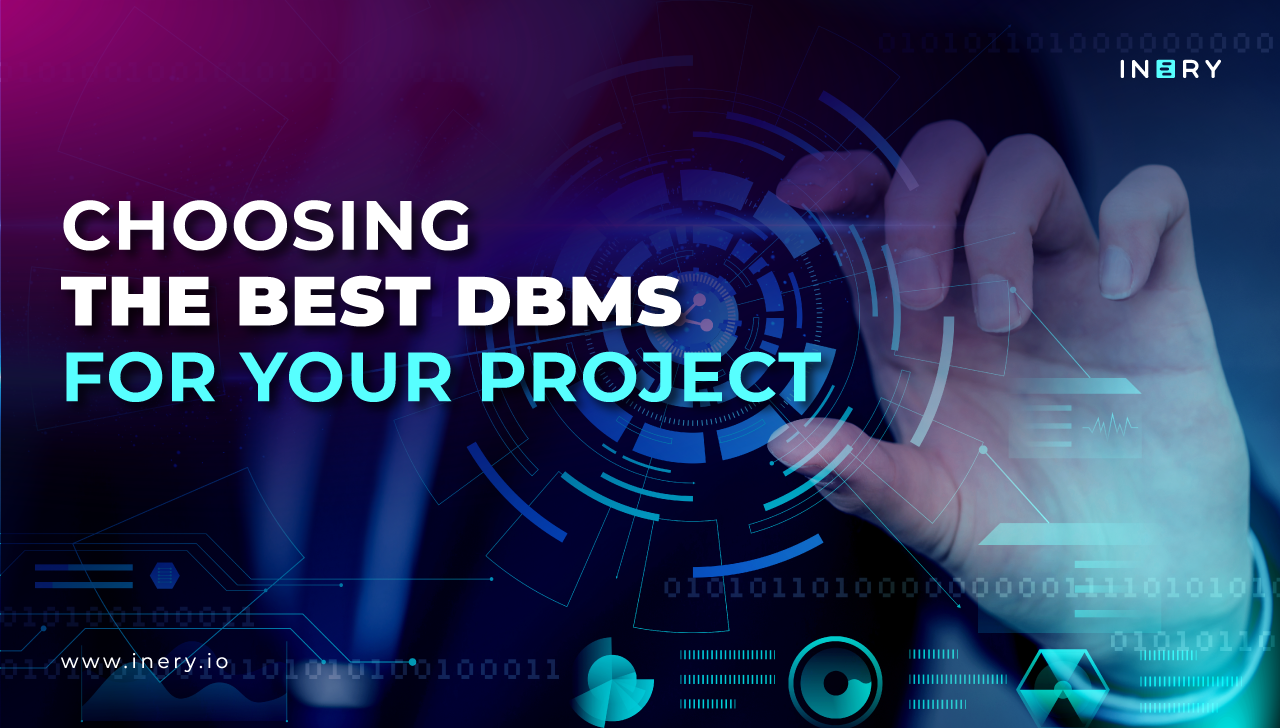
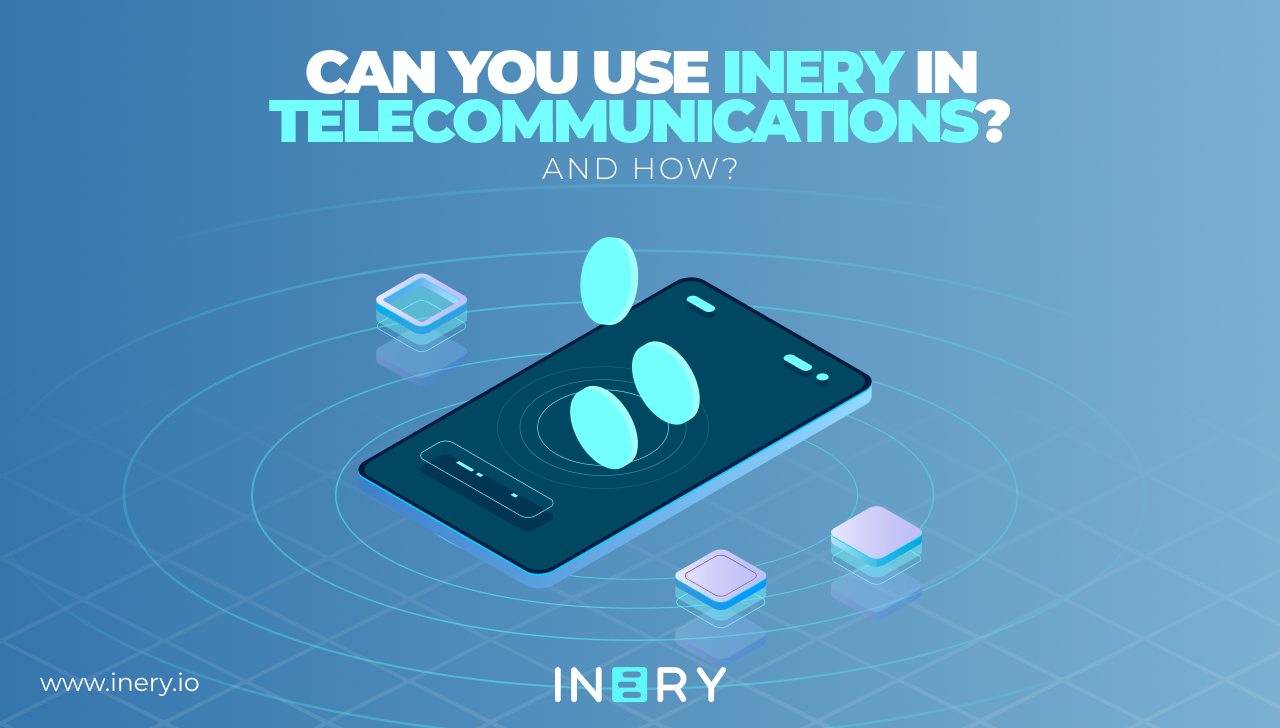
-1665070349.png)